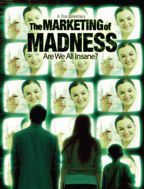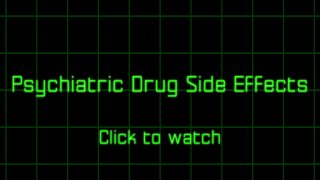
The Voices Inside Their Heads – Gail Hornstein’s Approach To Understanding Madness
The term “mental illness” is heavily charged, politicized, and ambiguous. I prefer to talk about “anomalous experiences,” “extreme emotions,” and “emotional distress.” The main reason I don’t use medical language is that people who are suffering often don’t find it very helpful. No one experiences “schizophrenia” — that’s just a technical name for a lot of complicated feelings.
People who have been taught that “mental illnesses are brain diseases” see psychiatric patients as dangerous and unlikely to recover. And those in crisis are often understandably reluctant to consult mental-health professionals, because the stigma of mental illness is so severe: it’s possible to lose your job, your home, and your family as a consequence of being diagnosed with a mental illness. In cultures that take a social view of emotional distress, by contrast, people more readily seek help because they aren’t as likely to be ostracized and are assumed to be capable of full recovery.





SHARE YOUR STORY/COMMENT: